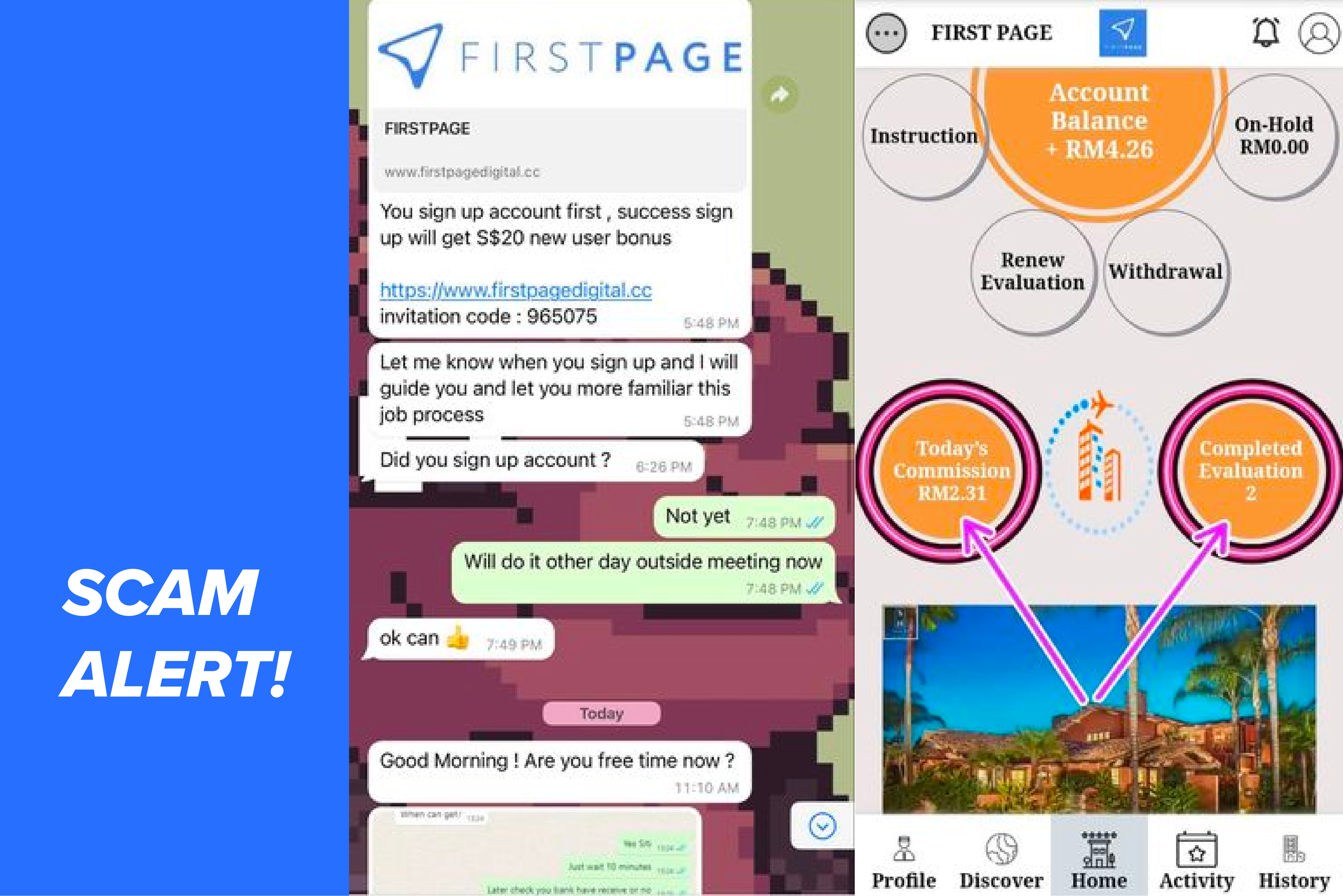Transcript
Sarah: Okay, hi everyone, thanks for tuning in. I’m here with a very special guest. This is Shirlyn. She’s one of our account managers and a really talented one at that. Say hi!
Shirlyn, Hi, everybody. Thanks for having me, Sarah.
Sarah: So Shirlyn, we’ve been in a pretty good mood these days because our favourite time of the year is here. Durian season. So have you been buying a lot of durians?
Shirlyn: Yeah, I have actually. I shouldn’t have, but I’ve actually spent a pretty small fortune on it. But yeah, it’s been quite interesting this year because you know, you can’t go out as much and government encourages social distancing, it forces you to think of other methods to get your durians. So I’ve actually been quite adventurous in my purchasing options. And I’ve actually tried frozen durian. So it’s something that I usually avoided previously. But I think considering the situation and the need to eat durians, I thought of trying it. And surprisingly, it’s really good. So it has actually become my favourite thing to order now. Yeah, it’s really good. Have you tried it?
Sarah: I have actually. Well, I kind of prefer the fresher ones but I definitely have been getting on board with this whole durian delivery and durian e-commerce thing because, well for me, I want to be a good citizen and practise effective social distancing as well. And plus, it’s so much more convenient to order online, so why not? Especially when I need my durian fix like there and then.
Shirlyn: Yes definitely, definitely.
Sarah: So actually, my social media feed has really been bombarded with pictures and videos of people enjoying durians. And durian deals and all that which actually gets me really hungry. But it got me thinking about seasonal marketing as well and why it’s important. So for someone who does content, I personally think that seasonal content is obviously going to get you a lot more traffic. But at the same time, I realise how some people might be a little bit sceptical about it. It’s a lot like durians, you know, when you think about it. You either love it, or you hate it. But I for one, think that seasonal marketing is definitely useful because it does feed on trends and it does give people the information that they need. So for someone who manages accounts and has been doing marketing for a few years already, do you feel the same way about seasonal marketing too?
Shirlyn: Yeah, definitely. So it’s always good to take advantage of seasonal periods. But the important thing for SEO as well is really to align the keyword strategy with what people are searching for ’cause patterns can tend to change during seasonal periods. But of course again, I think businesses need to also consider that competition is going to be very steep. So they have to think of fresh ideas to cope with that situation as well. So they can’t only just rely on one marketing strategy, right? They have to think of multiple. So that includes content, paid ads, media outreach. Seasonal marketing is not as straightforward as it seems. So it’s a better idea to really, before the seasonal period actually starts, to consider your entire outlook of how your marketing strategy is going to be, and find the best way to approach it. So again, to have a holistic approach as well as you have to make a conscientious effort to consistently keep a brand image. So you know, when you do your normal marketing on a daily basis right, you do have a certain tone to your message. So it’s important to keep that same tone during the seasonal marketing period as well. I think another thing that really throws businesses off also is when leads start to come in and it becomes way to much for them to handle. So while you are preparing for any seasonal marketing strategies right, is to also consider how much resources you need to put towards handling leads or inquiries coming in from these strategies. So of course, you don’t want to be stuck with not having enough stock. And then you are left with a really angry customer base who have ordered things from you and you don’t have stock, right? As well as having the right amount of manpower to answer queries from customers. So these are definitely some considerations. But again, it’s always very valuable to take advantage of the seasonal periods.
Sarah: Okay, well I totally agree with you. Thanks for sharing those insights. Well, I think some people might still be a little bit cynical about it because as the term suggests, seasonal marketing is only relevant for a particular season. So it’s important to kind of combine your efforts and strike the iron while it’s hot. But I think you did bring up an important point, which was making sure you have stocks available. So I think that’s something that requires a lot of long-term planning for businesses. Because, well for me, if I want to place an order for durians, and then I get a notification saying that the supplier ran out of stocks, I would be pissed.
Shirlyn: Yeah, I would be too.
Sarah: So well, I mean, durians aside, I think seasonal marketing, it doesn’t just involve things like Mother’s Day, Christmas, and all that, but there are also numerous seasons like the Great Singapore Sale or something, where you can actually take advantage of those seasons to try and get more traffic to your website. And I mean, even if let’s just say, Mother’s Day bouquets aren’t going to be relevant after Mother’s Day, you can also repurpose those materials for other relevant occasions like commencement, graduation, etc. So thanks for sharing that, Shirlyn.
Shirlyn, No worries.
Sarah: This brings us to the end of our seasonal marketing video. So do leave a comment down below and let us know whether you love seasonal marketing or if you are feeling a little bit cynical about it. Thanks for joining me Shirlyn.
Shirlyn: Thanks Sarah!
Sarah: Bye!
Shirlyn: Happy to be here, bye!

















